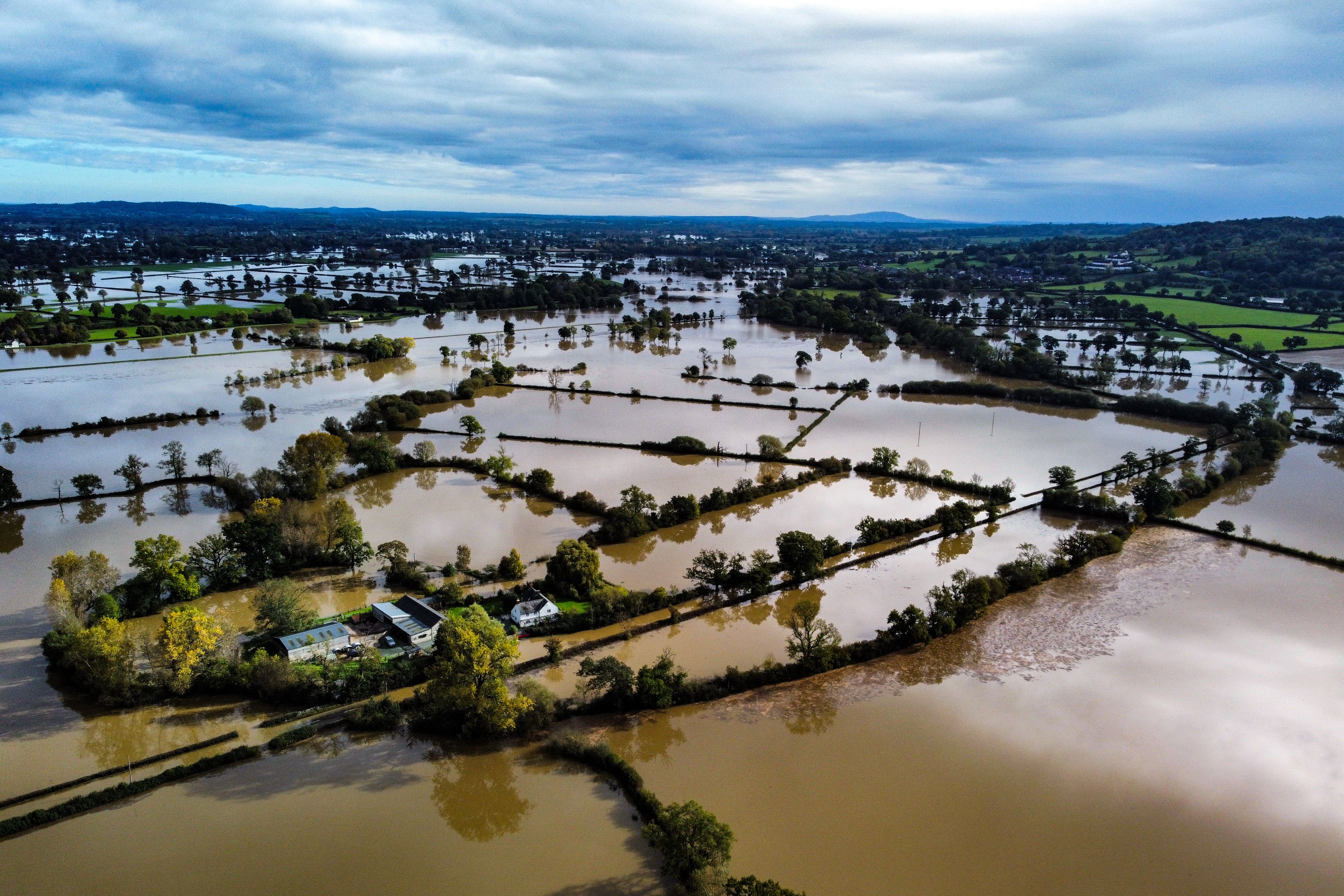Politicians urged to show ambition on green agenda after election called
While climate change and environment rank below issues such as the economy and NHS, they will still be a focus for voters.

Your support helps us to tell the story
From reproductive rights to climate change to Big Tech, The Independent is on the ground when the story is developing. Whether it's investigating the financials of Elon Musk's pro-Trump PAC or producing our latest documentary, 'The A Word', which shines a light on the American women fighting for reproductive rights, we know how important it is to parse out the facts from the messaging.
At such a critical moment in US history, we need reporters on the ground. Your donation allows us to keep sending journalists to speak to both sides of the story.
The Independent is trusted by Americans across the entire political spectrum. And unlike many other quality news outlets, we choose not to lock Americans out of our reporting and analysis with paywalls. We believe quality journalism should be available to everyone, paid for by those who can afford it.
Your support makes all the difference.Politicians are being warned not to turn the environment into a “culture war” after the General Election was called.
Polling suggests environment, climate change and pollution lag behind key issues such as the economy, NHS and inflation in importance for voters.
But as the country witnesses the impacts of climate change, energy insecurity and environmental damage, campaigners warned green issues consistently rank among British people’s top priorities and they expect politicians to show ambition in these areas.
The party that wins the election inherits a host of environmental issues that will need to be dealt with – and delivered by Government departments which could face a further financial squeeze.
The polluted and degraded state of rivers, lakes and coastal waters has hit the headlines repeatedly, with the Government and water companies alike facing criticism for the situation.
The election also comes after the UK saw its second wettest autumn and winter on record, as storms flooded homes and left fields sodden and unplantable, with analysis suggesting the extreme rainfall was made more intense by global warming.
Farmers have endured a torrid winter, which in England comes as the sector moves over to a new post-Brexit payment system for Environmental Land Management (ELM) which pays for “public goods” such as healthy soil and habitat creation, replacing subsidies based largely on area of land farmed.
Polling shows that people understand how the green transition will improve their lives, from making us less dependent on hostile states for energy, to protecting the natural world
Political parties’ promises on how the ELMs policy develops, and the money that is committed to it, as well as on post-Brexit trade deals and border checks for food products, will be closely watched by farmers and the environmental sector.
Polling for the Country Land and Business Association (CLA) earlier this year suggested that Labour had taken a narrow lead over the Conservatives among their traditional stronghold of English rural voters.
And while the price of energy – driven sky high by expensive fossil fuel costs in the wake of Russia’s invasion of Ukraine – has been falling, the question of delivering secure supplies and tackling climate change is still key.
In recent months the long-held consensus on climate action has begun to weaken, with Rishi Sunak delaying or watering down policies including bans on sales of gas boilers and electric cars, casting the move as preventing costs for ordinary people, and pushing for new North Sea oil and gas licences.
The Tories also criticised Labour’s pledge to spend £28 billion a year on clean energy, which the party subsequently dropped while in turn accusing the Conservatives of climate denial.
Alasdair Johnstone, from think tank Energy and Climate Intelligence Unit, said: “If there is an attempt to make net zero a wedge issue, let’s be clear it’s not a dividing line for the public with clear backing from supporters of all parties, even a majority of Reform UK voters.
“Two-thirds of the British public agree ending the UK’s climate change emissions, achieving net zero, is important.”
He said millions of homes still struggling with the cost of living will be looking to the parties to provide answers on energy bills.
And he pointed to the strength of the net zero economy, worth more than £74 billion.
“Many marginal constituencies, such as in the West Midlands and North East, are net zero economic hotspots and creating the jobs and wealth of the future will depend on the next Government attracting more clean investment into the UK with global competition hotting up,” he said.
Leo Murray, co-director of climate charity Possible, said: “We can’t let climate change become a culture war in this general election campaign.”
He warned the political consensus around climate was in peril, adding: “We can’t let the delayers and the deniers define this election.
“We need to protect the consensus for climate action which we’ve built among the public and politicians, and pave the way to a climate parliament.”
Holly Brazier-Tope, head of politics at environmental think tank Green Alliance, said: “Polling shows that people understand how the green transition will improve their lives, from making us less dependent on hostile states for energy, to protecting the natural world.
“They expect politicians to show ambition on these issues, which is why this election must be a race to the top on environment and nature policy.”